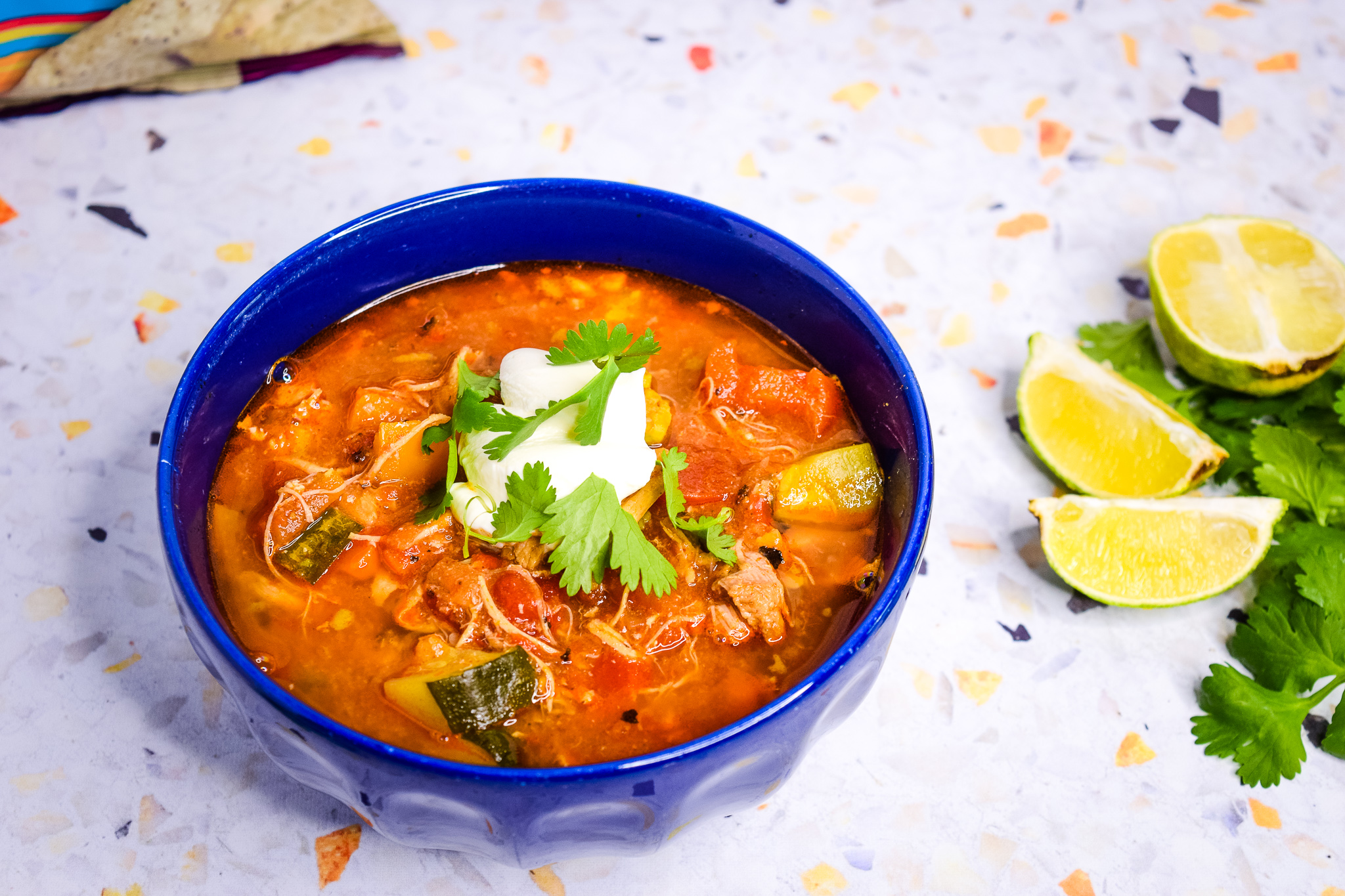Programs
Blog
About
PRegnant
LifeStyle
Postpartum
EXPECTING A BABY IN THE NEXT FEW MONTHS?
DOWNLOAD MY FREE POSTPARTUM ESSENTIALS CHECKLIST
Hi, I'm Liz!
I'm a chocolate-loving nutritionist,
pre & postnatal coach, doula and let's face it- total birth nerd 🤓.
I'm here to help you cut through mommy-marketing and pinterest perfection to confidently cultivate a pregnancy and postpartum experience you totally love.
Let's Connect
RECIPES
BREAKfast
beverages
main dish
dips & Dressings
salads & Sides
snacks
soups
treats
instant pot
one dish meals
quick meals
Pregnancy
Birth Planning
FIrst Trimester
Second Trimester
THird Trimester
Postpartum
Postpartum Planning
FOurth Trimester
REcovery
wellbeing
Fitness
Pregnancy Loss
Understanding Loss
Recovery After Loss
Friends & Family SUpport
PArent Life
Pregnant?
Check out the
5 core exercises you need to know!
Take the stress off your plate! Download
Meals Made Simple!
i need this!
Yes Please!
shop SAfer at beautycounter
Get the BEst Non-toxic Deodorant!
FItness
Nutrition
Nutrition
Grief & wellbeing
Pregnancy After Loss
Understanding Loss
Recovery After Loss
Friends & Family SUpport
Grief & wellbeing
Pregnancy After Loss
Understanding Loss
Recovery After Loss
infant & Toddler Feeding
Grief & wellbeing
Pregnancy After Loss
Newborn Care
Family Dynamics
PArent Relationships
lactation
Pregnancy After Loss
4 Simple Ways to Prevent Heartburn
Heartburn.
It’s the worst amiright?
I’ve had my share of it too. As a kid, I was constantly battling heartburn. I had an angry belly for a variety of reasons. I was always equipped with Tums and I ate them like candy. Candy that saved me from the burn of fiery death in the back of my throat. But it turns out that saving grace was just masking a bigger issue… Let’s discuss.
why is heartburn happening?
There are lots of factors, but most often the cause of heartburn is a lack of sufficient stomach acidity.
Wait… A lack of acidity?
True story! The cases of a truly over-acidic stomach are pretty rare.
Insufficient stomach acidity slows the whole digestive process down and causes a back up of sorts.
When things are going well, your stomach does a little burn and churn action breaking down that delicious meal and mixing it with highly acidic gastric juices (mmm). The contents of your stomach have to be at a certain pH to allow it to move down the digestive tract.
Without those gastric juices, food is left to sit in your stomach. (You know that brick in the gut feeling? heyoooo). And it doesn’t just sit there, hanging out… It starts breaking down, but not in the best way; proteins putrefy, fats go rancid, and carbohydrates ferment. If you’ve ever fermented vegetables or kombucha– the same kind of bubbling you see happening in the ferment is happening in your belly. Keeping that analogy going, if you were to cap your ferment, not allowing air flow, the pressure would build and build and eventually would have to escape somehow: Cue exploding kombucha.
Similarly, the sphincters on both ends of the stomach keep it a contained space (you don’t wait gastric juices leaking into the wrong places. Ouch!) That less than ideal breakdown causes gas to build up in the stomach and put pressure on the cardiac sphincter (the sweet little muscle that acts as doorway between your stomach and esophagus). Eventually that pressure builds up and is released as a burp or in the dreaded fiery, gaseous explosion known as heartburn or acid reflux.
So why do antacids make me feel better?
Well, you are neutralizing your stomach acid with the calcium bicarbonate in the antacid. So you may still get reflux, but it won’t be bothersome to the sensitive esophageal lining. But the food is still sitting in your stomach, patiently waiting to be broken down. Eventually, your body throws its hands up, says “fine have it your way” and overrides the system requirements, passing the partially digested food down to the small intestine.
K, so it moves on eventually, why is this an issue?
So many reasons. I can’t get into them in one post because you’d eventually say, “LIZ STFU!” But just know that it causes a cascade effect of indigestion down the line and doesn’t allow you to properly absorb the nutrients you lovingly poured into your body.
So how do you Prevent heartburn?!
1. Hydration
In order to create good digestive juices, you need to be properly hydrated! Aim for 1/2 your body weight in ounces per day. A 200lb person should aim to drink 100oz of water per day.
If you’re a coffee or tea drinker, add an additional 1.5 ounces of water per ounce of coffee consumed to your daily goal. For example, if you drink an 8 ounce coffee, you’ll need to drink an additional 12 ounces of water that day.
2. Relaxation
Digestion is a north to south process that starts, not in the mouth, but in that sweet, sweet brain of yours. Your body needs to be in a parasympathetic state (i.e. relaxed) to start the digestive process. When you’re not distracted by tv, instagram, google news, etc. the site, smell, or thought of food triggers the salivary glands in your mouth to start producing salivary amylase and triggers your stomach to start producing gastric juices. If you’re stressed (in a sympathetic state) then your digestive tract doesn’t get the memo and isn’t prepared to break food down.
So before your next meal, turn the tv off, put the phone away, and take three big deep breaths. Maybe say grace or take a moment to admire your kitchen prowess. Focus on your meal and the company you are sharing.
3. Chew your food
This sounds so simple, right? Duh you’re going to chew your food. But I mean REALLY chew your food, slowly, mindfully, like you mean it. I am so guilty of inhaling my meals, especially since Edith was born. Time to eat without a baby clawing at my boob is precious and fleeting, so I’ve become accustomed to speed eating. And I’m paying for it dearly.
Why is chewing your food so important? Well your mouth does a mechanical and chemical breakdown of food! Think of a super tasty meal. Is your mouth watering? Oh yeah. That watery business is saliva, and that saliva has an enzyme in it that breaks down food when you chew it, particularly carbohydrates. Your stomach isn’t equipped to break down large form carbohydrates, so the enzyme helps the belly out by breaking it down before it gets there. It also gives the stomach a “hey! get ready, things are headed your way. Cue the gastric juice!”
If you skip this step, the burden is placed on your stomach to break down these large carbohydrates, which it cannot do efficiently. This leads to the “stomach as fermentation station” we talked about earlier.
Need help slowing down when you’re eating? Try putting the fork down in between each bite.
Take a bite. Put the fork down. Chew your food. Swallow. Pick fork up. Repeat the process.
4. Increase acidity
Okay, so you’re hydrated, you’re relaxed, you’re chewing your food, but you still have heartburn… What the what?! Well. Often times we need to increase our stomach acidity through supplementation. Whether it be a history of poor quality foods, chronic dehydration, stress (yah. seriously!) or a variety of other factors, sometimes we need to give our body a little push to remember what to do.
A super simple and CHEAP (yay!) way to do this: take a shot of raw apple cider vinegar with some water prior to each meal. The ACV will increase the acidity of the stomach and help trigger digestive juices to get going!
Think you may need a bigger push? Supplementing with digestive enzymes like betaine HCL and pepsin can be a huge help, and more efficient than ACV. Not sure where to start? Contact me and we can chat!
Okay But I’ve got heartburn right now… How do I stop the fiery madness?!
To immediately battle the burn, mix 2 tbls of raw apple cider vinegar in a shot glass of warm water. Pound it, crush the cup on your head and walk away (okay skip the last two steps…) Follow with a big glass of water.
This is a tried and true method! My skeptic of a husband (who hates the taste of ACV) relies on this for an upset belly. This also helped with that pesky pregnancy heartburn.
So if you struggle with the heartburn… try implementing the four steps we talked about: hydration, relaxation, chewing your food, and if needed an acidity boost and watch your symptoms dissipate. Even just trying one of these steps will improve your digestion! Can’t argue with that, right?

Related
October 24, 2016
Liz Winters
The post may contain affiliate links and the site may earn a commission on some products.
Every item on this page is chosen and recommended by the LWW team.
Read more about our Affiliate Disclosure here.
Holiday hits
Don’t miss these!
Want to add a little ease to your routine as a parent?
Get all my favorite tips, tricks and recipes delivered straight to your inbox.
start here
blog
work with liz
programs
non-toxic living
podcast
contact
© 2021 LIZ WINTERS WELLNESS // WEBSITE BY PINEGATE ROAD
Terms & Conditions
start here
blog
work with liz
PROGRAMS
non-toxic living
podcast
contact
© 2021 LIZ WINTERS WELLNESS // WEBSITE BY PINEGATE ROAD
Terms & Conditions
BADASS Birther's Club
Postpartum Recovery After Pregnancy Loss
How to Support Loved Ones After Loss
start here
blog
work with liz
PROGRAMS
non-toxic living
podcast
contact
© 2021 LIZ WINTERS WELLNESS // WEBSITE BY PINEGATE ROAD
Terms & Conditions
Pregnant
Postpartum



